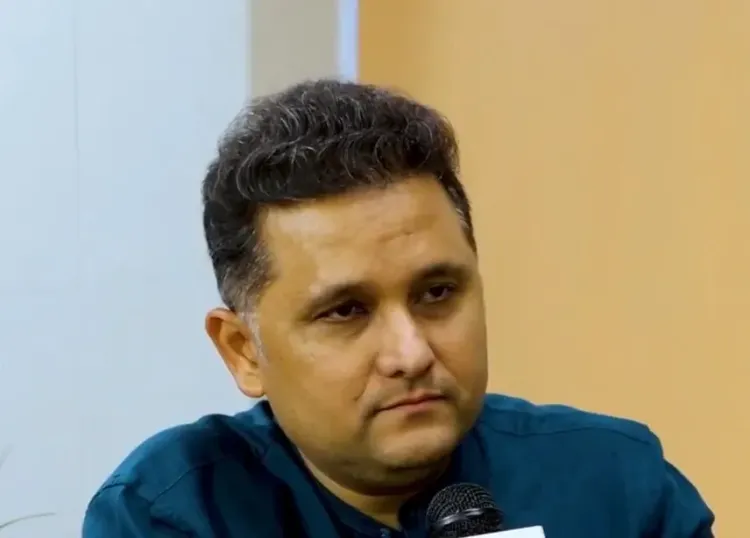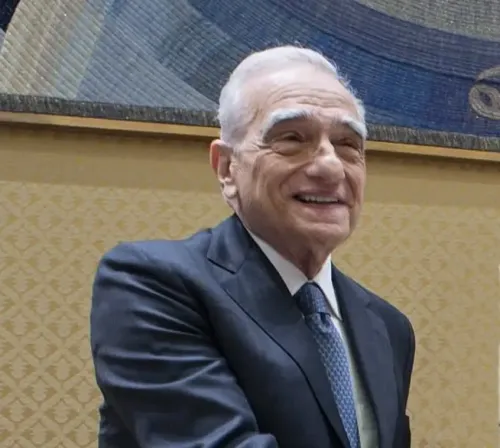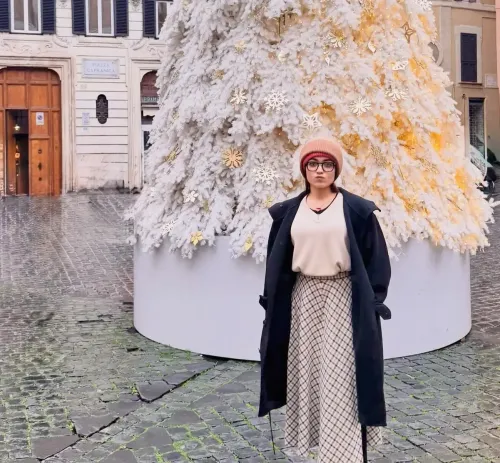Why Does Democracy Flourish on Dialogue and Diverse Perspectives?

Synopsis
Key Takeaways
- Democracy thrives on open dialogue.
- Debate and dissent are essential for progress.
- The Emergency period showcased the dangers of suppressing voices.
- Accepting outcomes of democratic processes is crucial.
- India's democratic fabric is strengthened by diverse perspectives.
Mumbai, June 27 (NationPress) Author Amish Tripathi has expressed his thoughts on the fundamental nature of democracy, highlighting that it flourishes through open dialogue and the sharing of varied perspectives.
In light of the 50th anniversary of the Emergency, Tripathi underscored the significance of debate and dissent as essential components of India's democratic structure, advocating for the safeguarding of these principles to ensure the nation’s ongoing advancement.
During his conversation with IANS, he pointed out the critical role of debate, dissent, and democratic dialogue in sustaining the nation's spirit. “At my core, I identify as a democrat, and I believe every viewpoint deserves to be expressed. India cannot function effectively without democratic discourse. When I refer to democracy, I do not endorse the western interpretation—which is often labeled as liberal democracy, where actions like the U.S. intervention in Libya are deemed democratic. What I mean by democracy is the discussions among various groups.”
Tripathi characterized the Emergency as a time when a crucial aspect of democracy—free debate—was suppressed. “The emergency stifled this debate. That was fundamentally wrong. I am not against efficiency, but when debate ceases, as it did during the Emergency, it becomes problematic. One side was effectively silenced, which is unfortunate. This is a lesson we must learn,” he stated.
“Instead of blaming individuals today for events that occurred 50 years ago, which is unproductive, we must ensure that such suppression does not recur. We are inherently an argumentative society, and if we stifle these discussions, we will descend into chaos. However, I also believe that once a debate is lost, one must accept the outcome. It is unfair to dismiss the validity of an election simply because one did not win,” he added.
Tripathi concluded by asserting, “If I lose a debate in a democratic election, I must accept it,” emphasizing the importance of respecting the democratic process, even when one disagrees with its outcomes.
For context, on June 25, 1975, then Prime Minister Indira Gandhi declared a nationwide Emergency under Article 352 of the Constitution, citing 'internal disturbance' as the justification for this action.










